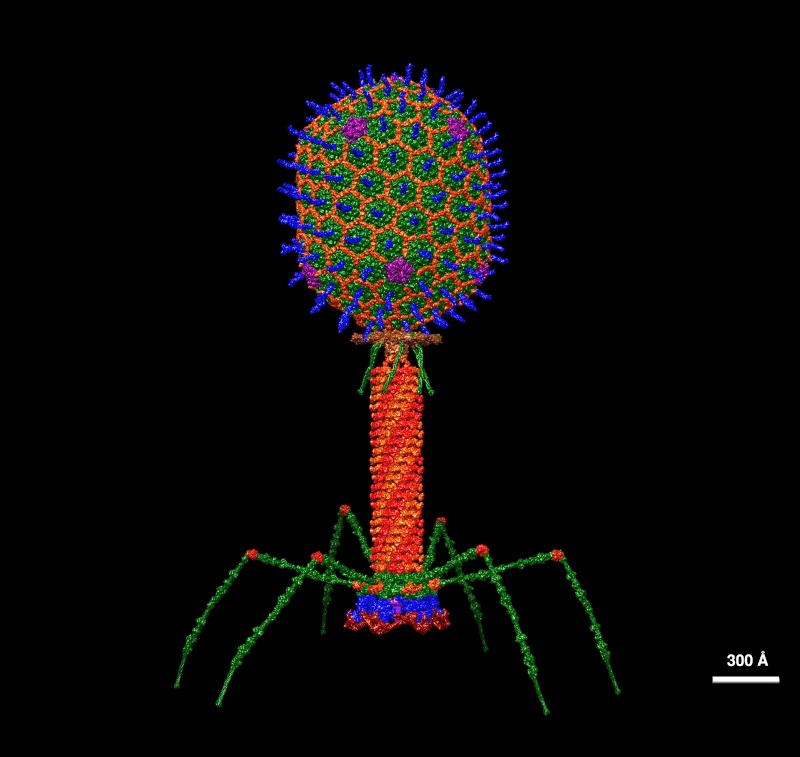A team led by CRISPR pioneer Jennifer Doudna and her longtime collaborator Jill Banfield has developed a clever tool to edit the genomes of bacteria-infecting viruses called bacteriophages using a rare form of CRISPR. The ability to easily engineer custom-designed phages—which has long eluded the research community—could help researchers control microbiomes without antibiotics or harsh chemicals, and treat dangerous drug-resistant infections. A paper describing the work was recently published in Nature Microbiology.

Also simply called phages, these viruses insert their genetic material into bacterial cells, then hijack the protein-building machinery of their hosts in order to reproduce themselves—usually killing the bacteria in the process. CRISPR-Cas is a type of immune defense mechanism that many bacteria and archaea use against phages. It consists of snippets of RNA that recognize invasive phage genes and enzymes that neutralize them by cutting them into harmless pieces. There are a lot of microbes, so there are also a lot of phages, each with unique adaptations. This diversity has made phage editing difficult, including making them resistant to many forms of CRISPR, which is why the most commonly used system—CRISPR-Cas9—doesn’t work for this application.
Doudna and Banfield have developed numerous CRISPR-based tools together since they first collaborated on an early investigation of CRISPR in 2008. That work—performed at Berkeley Lab—was cited by the Nobel Prize committee when Doudna and her other collaborator, Emmanuelle Charpentier, received the prize in 2020. Doudna and Banfield’s team of Berkeley Lab and UC Berkeley researchers were studying the properties of a rare form of CRISPR called CRISPR-Cas13 (derived from a bacterium commonly found in the human mouth) when they discovered that this version of the defense system works against a huge range of phages. Next, the team demonstrated that the system can be used to edit phage genomes rather than just chop them up defensively.
This research was funded by the Department of Energy Microbial Community Analysis & Functional Evaluation in Soils (m-CAFES) Scientific Focus Area. Jill Banfield is a professor of Earth and Planetary Science and Environmental Science, Policy, & Management at UC Berkeley as well as a faculty scientist in Berkeley Lab’s Earth and Environmental Sciences Area and an affiliate in the Biosciences Area. Jennifer Doudna is a professor in the Molecular and Cell Biology and Chemistry departments at UC Berkeley and a faculty scientist in Berkeley Lab’s Biosciences Area.
Read more in the Berkeley Lab News Center.




